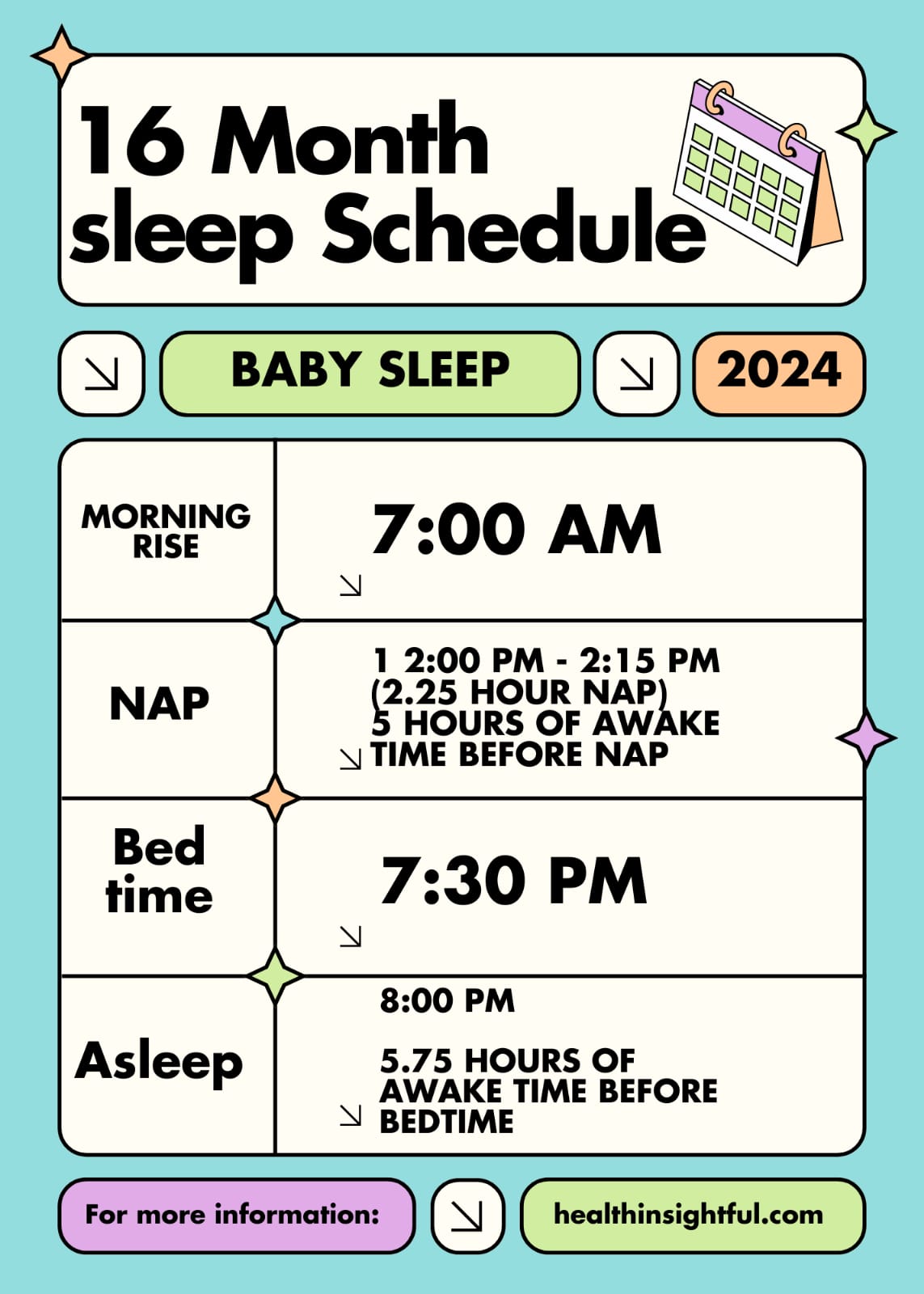Introduction
Understand the right nap time of your baby, as this is very important for the overall development and well-being of the child. The requirement for sleep is different from newborns to the later parts of baby growth, because it depends on the age of the child, which in turn reflects in nap times. This guide will help in finding out how many naps at different stages your baby needs and will provide some tips on how to start that successfully.
1. Newborns (0-3 Months)
- Number of Naps: The requirement for a newborn baby is 3-4 naps in a day, with each nap lasting up to 30 minutes to 2 hours.
Overview of Schedule:
- Morning Nap: Within 1-2 hours of waking up
- Midday Nap: About 2-3 hours following the morning nap
- Afternoon Nap: About 2-3 hours after the midday nap
- Late Afternoon Nap: About 1-2 hours after the afternoon nap, depending on the need of the baby.
Tips during this stage:
Newborn Sleep Cues: Just watch for sleep cues, and get that baby sleeping the instant they appear tired. You can’t always schedule precisely when a newborn will sleep and wake. Rather, you just go with the flow. Flexibility is key here, so really, you shouldn’t even stress about having strict nap times. You should be aiming for a rough schedule.
2. 3-6 Months
- Number of Naps: Most babies, by 3-6 months, will need 3 naps a day, though the majority will begin trying to transition by the end of this period into 2 naps.
Overview of Schedule:
- Morning Nap: 1-2 hours from wake-up time.
- Midday Nap: 2-3 hours from morning nap.
- Afternoon Nap: 2-3 hours from midday nap.
Sample Schedule for 3-6 Months:
- 7:00 AM: Wake up.
- 9:00 AM – 10:30 AM: Morning Nap.
- 1:00 PM – 2:30 PM: Slept in the Afternoon.
- 4:00 PM – 4:30 PM: Sleeping in the Afternoon-it can start to be discarded at the latter end of this time frame.
- 7:00 PM: Sleep.
Tips for This Stage:
- Establish Routine: You can now establish a workable routine pattern for naps but also be flexible and listen to your baby’s cues.
- Prolong Naps Gradually: If your baby is ready for just 2 naps, over time, extend the length of time he is awake between naps, and over time, gradually reduce the length of time in the afternoon nap.
3. 6-12 Months
- Number of Naps: Throughout this period, most babies shall require 2 naps per day.
Brief Summary of Schedule:
- Morning Nap: Within 2-3 hours of waking up.
- Afternoon Nap: After 2-3 hours from the morning nap.
Sample Routine for 6-12 Months:
- 7:00 AM: Wake up.
- 9:00 AM – 10:30 AM: Morning Nap.
- 1:30 PM – 3:00 PM: Afternoon Nap.
- 7:00 PM: Bedtime.
Some Tips at this Stage:
- Massage Naps Together : The morning and afternoon naps need to be long enough to keep your baby adequately rested.
- Consistency: Try to maintain consistency with nap times in order for your baby’s internal clock to keep working.
4. 12-18 Months
- Number of Naps: The majority of toddlers in this age group take 1 nap a day.
General Outline of Schedule:
- Midday Nap: It normally falls in 4 to 5 hours from the morning wake-up time. The total duration is about 1.5-2.5 hours.
Sample Schedule for 12 -18 Months:
- 7:00 AM: Wake.
- 12:00 PM – 2:00 PM: Midday Nap.
- 7:00 PM: Bedtime.
Tips for this stage:
- Prolong Gradually: Resistance of your infant to morning nap requires a gradual change in the timing and length of midday nap.
- Constant Sleeping Time: A regular sleeping time is of most importance in order for your toddler to have enough sleep every night.
5. 18 Months and Onward
- Number of Naps: Most toddlers remain with 1 nap a day by this age, though some start transitioning to no naps from age 3.
Summary of Routine
- Sleep at Noon: 1.5-2.5 hours, taken about 4-5 hours after morning wake-up.
Sample Schedule for 18 Months and Beyond: Day
- 7:00 AM: Up.
- 12:30 PM – 2:30 PM: Nap.
- 7:00 PM: Sleep
Tips for this Stage:
Pay Attention to Cues: Most toddlers will drop naps beginning around age 3. Pay attention to cues of readiness such as repeatedly skipping naps at times, or having difficulty sleeping at night.
Stick with the Flow: This, for example, is when your child graduates from naps, seeing them get enough sleep at night will do, you can give quiet time during the day.
Conclusion
It all about knowing at what stage your baby is and making the necessary adjustments to those needs as time renews. Whether this is several naps in the earlier months or just one nap all the way through the toddler stage, the most important thing is that this be consistent to help your baby develop better. Remember that each baby is different, so be as flexible as possible when teaching him to fall asleep, balancing so that he can sleep a bit during the day.










